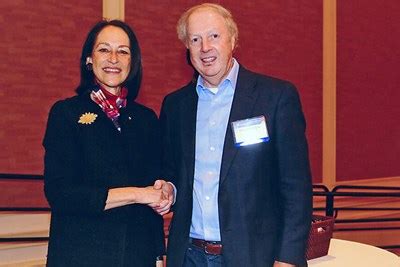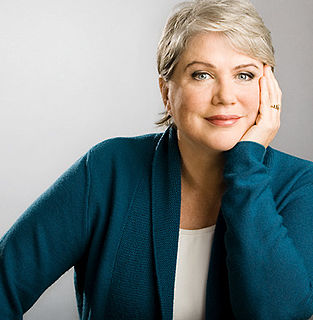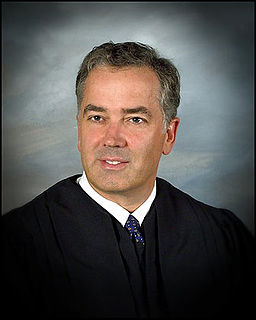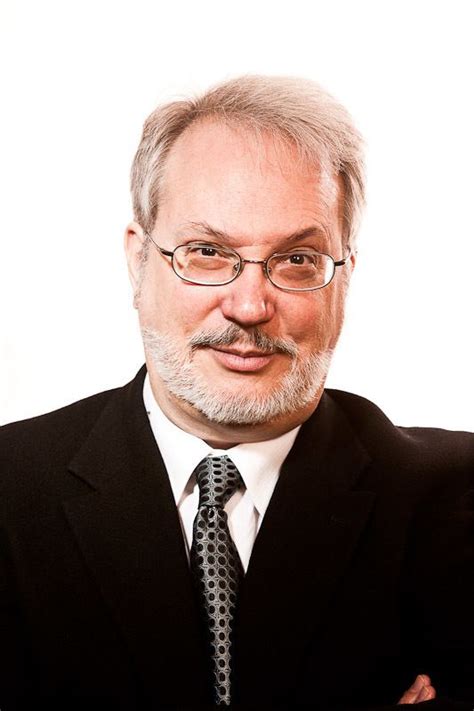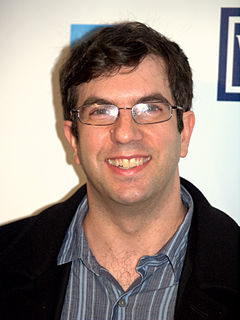A Quote by Robert J. Sawyer
An agnostic is someone who believes the nature of the Divine is unknowable... and in that sense, I'm willing to subscribe to being an agnostic.
Related Quotes
So it is best to keep an open mind and be agnostic. At first sight that seems an unassailable position, at least in the weak sense of Pascal's wager. But on second thoughts it seems a cop-out, because the same could be said of Father Christmas and tooth fairies. There may be fairies at the bottom of the garden. There is no evidence for it, but you can't prove that there aren't any, so shouldn't we be agnostic with respect to fairies?
I am an atheist. There, I said it. Are you happy, all you atheists out there who have remonstrated with me for adopting the agnostic moniker? If "atheist" means someone who does not believe in God, then an atheist is what I am. But I detest all such labels. Call me what you like - humanist, secular humanist, agnostic, nonbeliever, nontheist, freethinker, heretic, or even bright. I prefer skeptic.
I just became a stronger agnostic, and then I started to realize that everyone who was saying they were agnostic really hadn't thought about it that much. Still, I went with agnosticism for a long, long time because I just hated to say I was an atheist -- being an atheist seemed so rigid. But the more I became comfortable with the word, and the more I read, it started to stick.
We are not just bundles of atoms being pushed around. But, there's something spiritual about us whether we give that a religious interpretation or not. And so, it's that sense of there being dignity to life that I associate with the word God. I mean, that's probably a pretty radical and agnostic way of interpreting it. But, that's what I think.
I'm still agnostic. But in the words of Elton Richards, I'm now a reverant agnostic. Which isn't an oxymoron, I swear. I now believe that whether or not there's a God, there is such a thing as sacredness. Life is sacred. The Sabbath can be a sacred day. Prayer can be a sacred ritual. There is something transcendent, beyond the everyday. It's possible that humans created this sacredness ourselves, but that doesn't take away from its power or importance.


